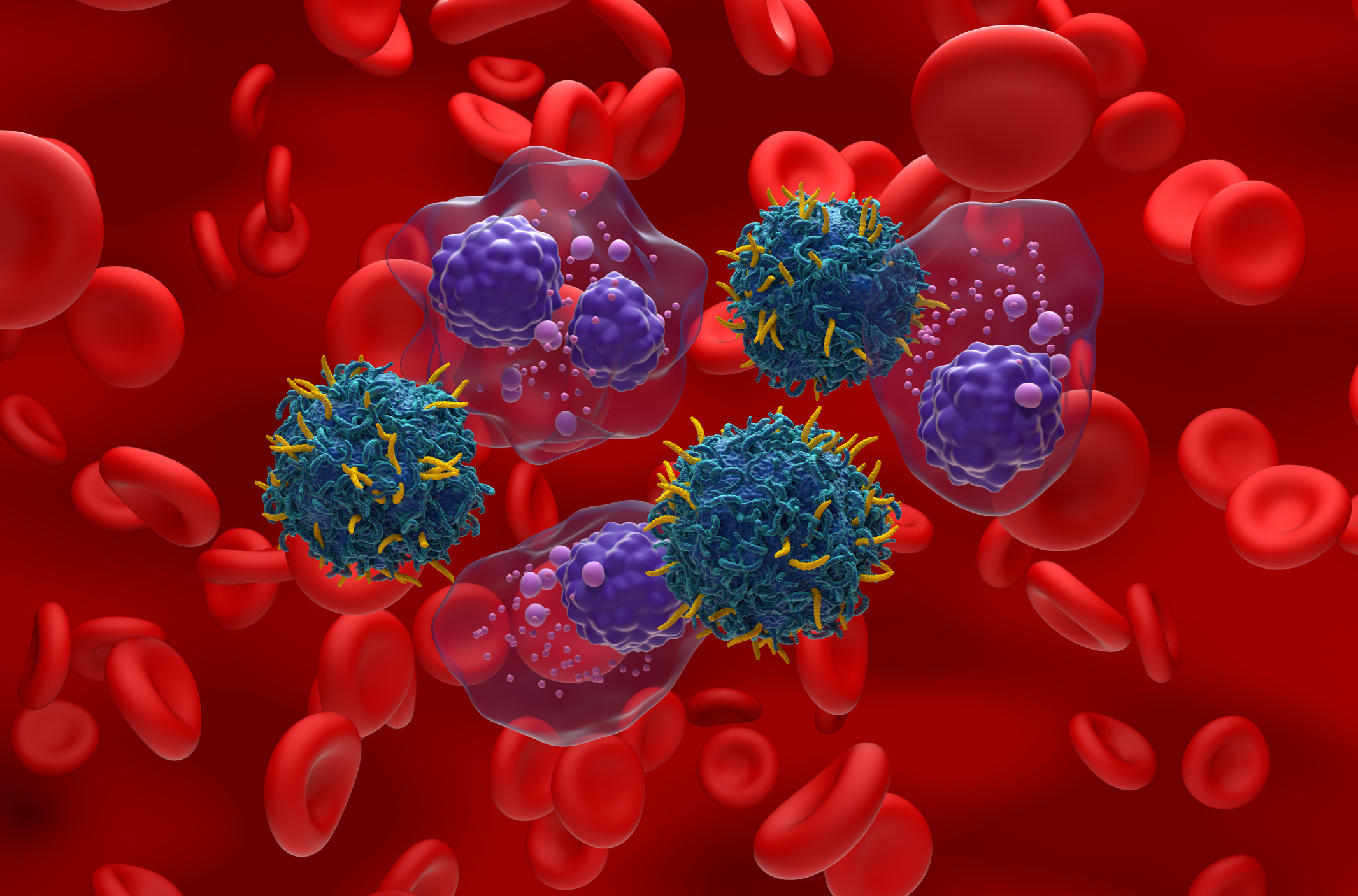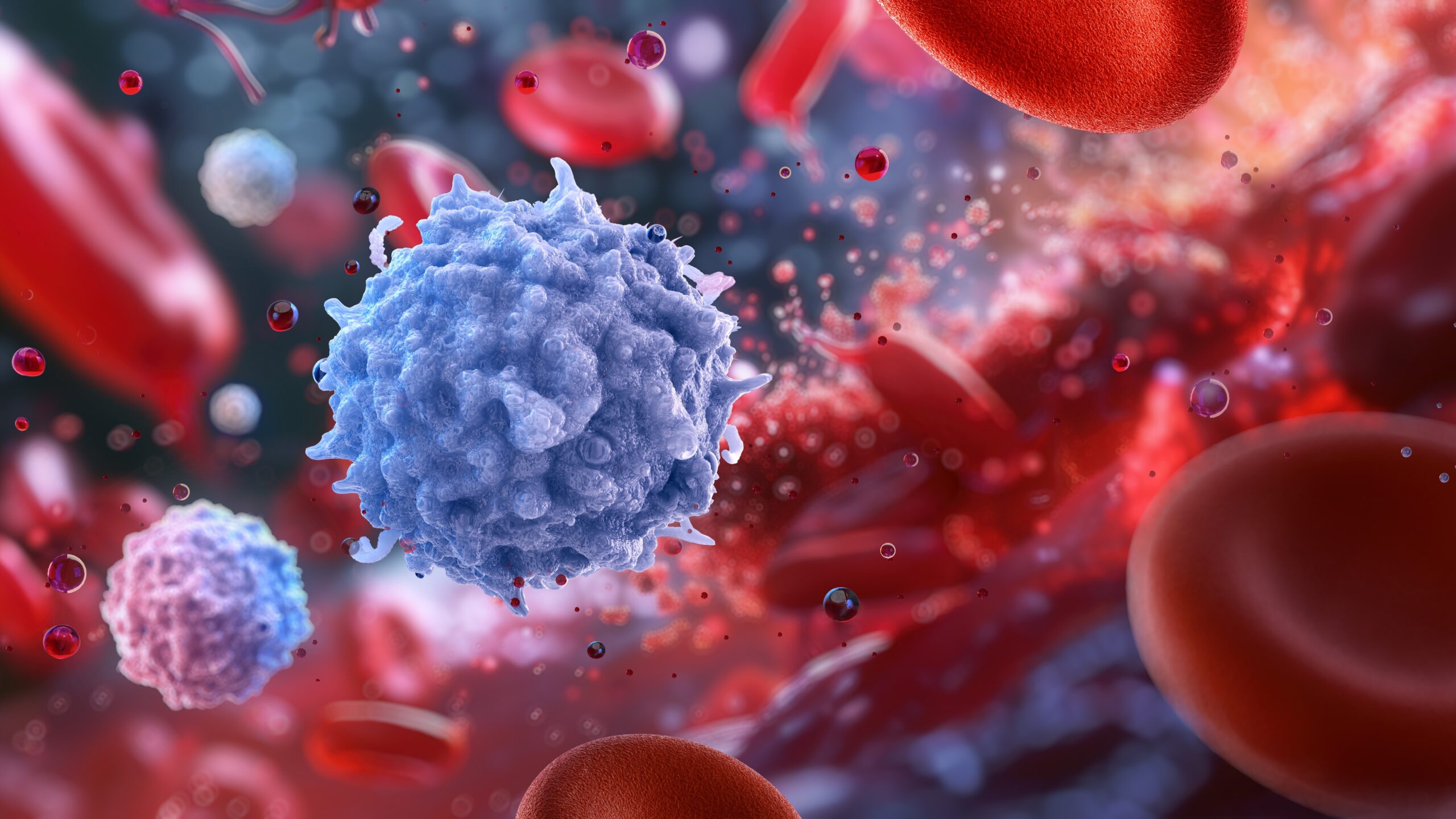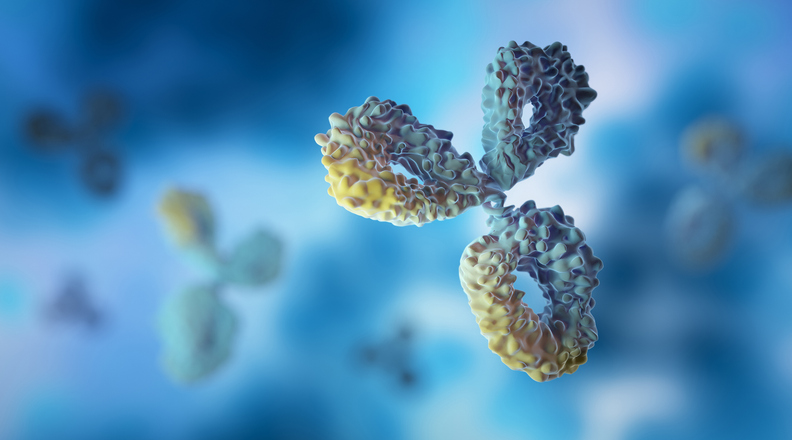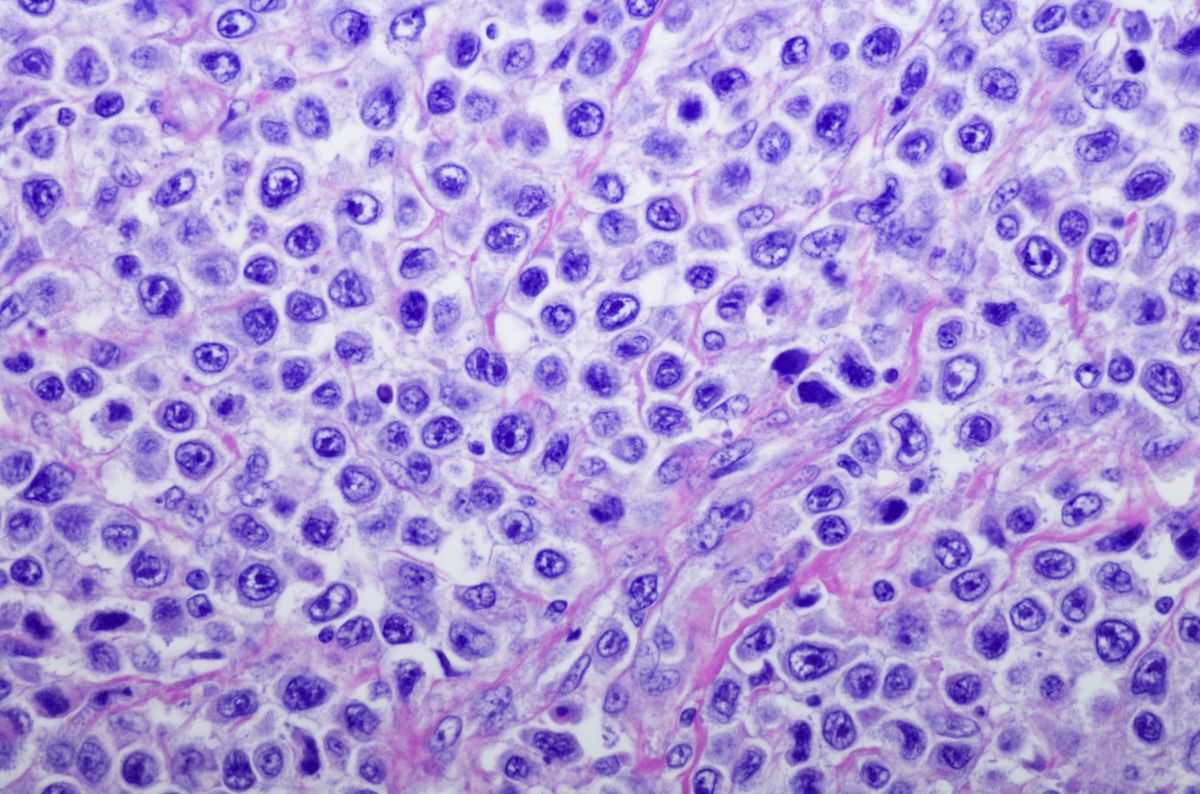Marco Ruella, MD, Discusses the Link Between the Microbiome, CAR-T Outcomes
By Marco Ruella, MD - Last Updated: February 8, 2024In this video interview, Dr. Ruella, of the University of Pennsylvania, discusses research on the microbiome and chimeric antigen receptor (CAR) T-cell therapy at the 2023 European Hematology Association Congress in Frankfurt, Germany.
Dr. Ruella and colleagues retrospectively evaluated patients who did or did not receive antibiotics in the four weeks before CAR-T cell infusion because “antibiotics are known to damage the microbiome,” he said. They also prospectively collected samples from 50 patients before the CAR-T infusion and analyzed the microbiome with sequencing.
“The results were pretty interesting because we saw that in the retrospective cohort, patients receiving antibiotics were doing worse as compared to patients not receiving antibiotics, both in terms of progression-free survival and overall survival,” he said.
The study showed that a specific subset of antibiotics “were particularly bad” for the microbiome and were associated with “poor progression-free survival and very poor overall survival.”
In the prospective cohort, they found that the microbiomes of patients receiving CAR-T were “very different from healthy individuals,” as there was less microbiome diversity in patients recieving CAR-T, which is “usually associated with a damaged microbiome,” Dr. Ruella said.
“Interestingly, we identified some taxa that were associated with outcomes,” he said.
For example, Ruminococcus were associated with the complete responses, while Bacteroides were associated with more toxicity.
“If you have a different composition of the gut microbiome, you might have a different outcome after CAR T-cell therapy,” Dr. Ruella said.






 © 2025 Mashup Media, LLC, a Formedics Property. All Rights Reserved.
© 2025 Mashup Media, LLC, a Formedics Property. All Rights Reserved.